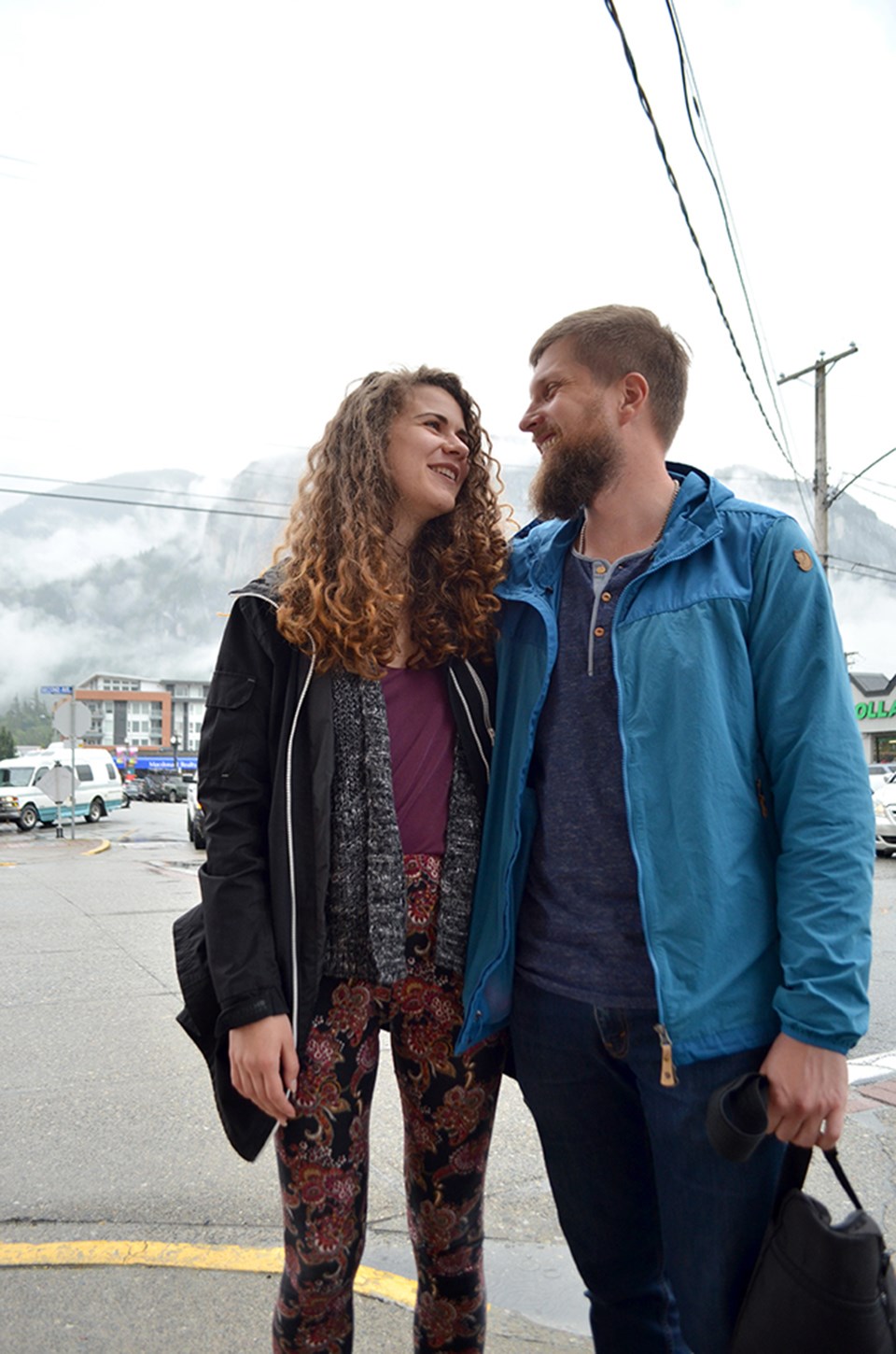It was 4 a.m. when Anzhela Kompaniiets heard her neighbour banging on the door of her apartment unit.
The person outside was crying out that something terrible had happened back in Ukraine.
Kompaniiets then opened up Instagram and started scanning her feed.
Pictures of red skies and destruction filled her screen.
“I saw [that everyone] started to post about explosions, bombs,” she said. “And they [said] all [of the] sky is red with fire, and they didn’t know what happened, and they heard sirens.”
Those were the posts coming out of Kyiv, where she had previously lived.
She started sending messages to her friends and relatives back home in Ukraine.
As she started receiving replies, it was apparent that the unthinkable had happened.
No longer content with its annexation of Crimea and its intervention in The Donbas, Russia pushed its troops further into Ukraine, setting off an all-out war on Feb. 24.
Troops began their march towards Kyiv, triggering what some have called the biggest threat to peace and security in Europe since the Cold War.
From the Czech Republic to Canada
Their vacation plans had come to a swift end.
Kompaniiets and her partner, Anton Zarutskyi, were in the Czech Republic when the invasion began. The couple, who are respectively 25 and 28, arrived in the country with a two-month work visa, hoping to scrape up enough money to visit Spain.
In the ensuing economic turmoil, they lost their jobs and found themselves without any social safety net. They had arrived in the country just before the invasion, which disqualified them from seeking asylum or applying for refugee status. The Czech Republic would not be the place to stay. So they had to look elsewhere.
Volunteers were able to place the couple in a German home, where they stayed for a month.
From there, they started looking for a country that would give them longer-term accommodations.
Ultimately, they wound up receiving acceptance in Canada.
They arrived in Squamish in early May, and, through a Facebook network of volunteers, they found a host who gave them accommodations in town.
However, their families are still in Ukraine.
The war at home
It’s been terrifying to watch from afar.
Kompaniiets’ family lives in the Poltava region, and Zarutskyi’s family is in the Khmelnytskyi area.
Kompaniiets said things are still quiet in her hometown, but there are many displaced people arriving.
Many of them lack basic necessities. For now, it’s safe, but it’s very close to zones hit hard by the war.
The nearby industrial lands have been targeted by Russian troops, especially those involved in fuel production.
“That’s all destroyed, so people there don’t have a place to work,” she said.
The destruction of fuel-production facilities has led to shortages, and lineups snake through communities as locals wait their turn for gasoline.
Zarutskyi said his hometown is relatively safe, because it is not a strategic location in the war.
Looking for work
Both of their families agreed that it would be best for the pair to stay abroad, as there are few opportunities in the country right now.
Their plan is to find work in Canada and send money to help support their loved ones back home.
At the moment, Zarutskyi has found work as a carpenter. Kompaniiets is applying for work in waste management and is also looking for backstage jobs in music venues and concerts.
She hopes to get work in GFL and to help out at the Constellation Festival.
Back in Ukraine, she was a biotechnologist. She also used to help out at music festivals.
Zarutskyi was a phytosanitary officer, which involved checking agriculture at crossing points.
The Squamish resident who has been hosting the couple, Micha Kunciak, said that both would be a great fit for work in the earth sciences.
Zarutskyi is trained as an agronomist, so would be a good match for jobs working with fruit trees, vegetables or even in the growing cannabis industry. Meanwhile, Kompaniiets is passionate about converting waste into energy.
“Both of these folks are inspired by our environment and supporting it, and slowing down global warming and finding ways to convert waste into energy,” said Kunciak.
`A real genuine joy’
For the Squamish resident, helping out the pair is personal. Fleeing for his life during the Second World War, Kunciak’s father came to Canada as a refugee from Ukraine, and that history has taught her the importance of welcoming displaced people. As she knows from experience, people in these situations become a bedrock for the next generation of Canadians.
“When the war broke out, I saw my dad relive some of the memories of when he was a refugee, and he went through the same routes that these people have gone,” she said.
“When I told my dad that I was going to be a host, you know, he was speechless. [He was] grateful that he had the hosts that he had.”
Later, Kunciak’s father, who lives in Kelowna, would be able to speak with Kompaniiets and Zarutskyi — two people who are now in the position he found himself in decades ago.
“He’s been speaking Ukrainian with them on Zoom. And so it’s really nice to see my dad — he’s got a real genuine joy.”



